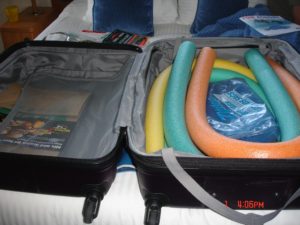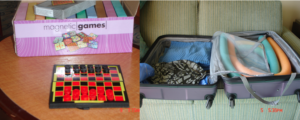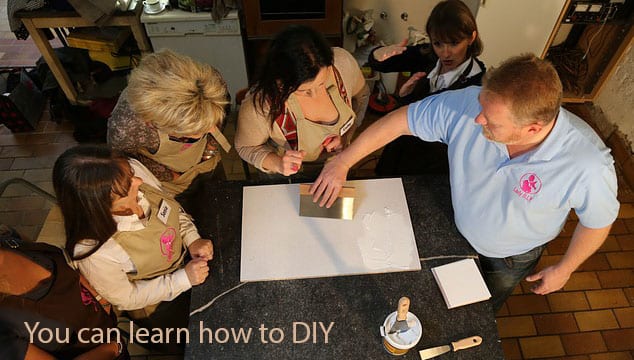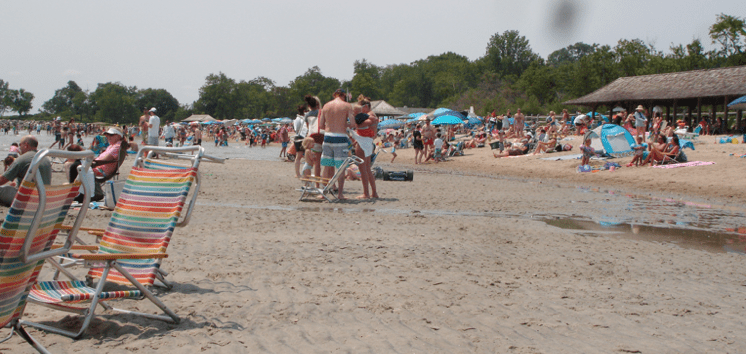My answer is always, yes!!! 
We have traveled to lots of places and not spent too much. It does take planning, but we find it well worth it.
You need to search for great deals on the places you want to explore. Look for sales, perks and discounts. Research your options. Right now we are researching an upcoming trip. We are looking for a hotel that is centrally located and near transportation hubs.
Last year in Italy, we stayed at a hotel by the airport. We were able to walk to the hotel when we arrived. You might be thinking it’s not convenient. This particular hotel had a fee shuttle to downtown Rome every two hour between 8 am and 11pm. Yeah! No transportation costs.
For places to stay, we look for hotels / timeshares that have kitchen facilities. It’s more cost effective to go to the market and purchase food than to eat our for every meal. Plus, if possible, you can bring things from home. No, you cannot bring meat and vegetables. You can bring items that you only need a few of instead of buying a large quantity (think salt, pepper, steel wool, paper goods and more). This is a photo from a beach vacation and what we packed in our luggage.
What do you do to reduce your travel costs?



 To start, we have been making better food choices over the past few years. As we get older, I want to still be active and healthy. This is a journey with small changes happening. We are striving for 50% of our plate to be vegetables. Our proteins are certified grass fed meats and fish with no antibiotics and non-GMO all while staying within our food budget. We shop what’s on sale and plan our meals to get the most from our dollars.
To start, we have been making better food choices over the past few years. As we get older, I want to still be active and healthy. This is a journey with small changes happening. We are striving for 50% of our plate to be vegetables. Our proteins are certified grass fed meats and fish with no antibiotics and non-GMO all while staying within our food budget. We shop what’s on sale and plan our meals to get the most from our dollars.

